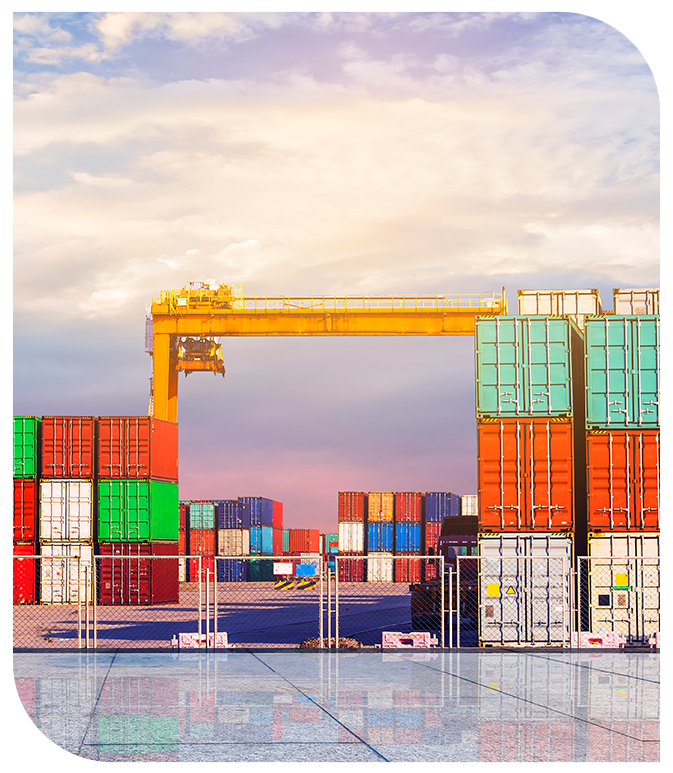
Customs Clearance & Documentation
Super middle east freight & logistics manage compliance and processes so you may expand your business. Our goodwill and clean company principles enable us to speed up air, sea, and land shipments. Our loyal clients prefer us because we’re honest, trustworthy, and efficient.
What is Customs Clearance?
All foreign shipments must first clear customs before entering or leaving a country. Any package shipped by sea, air, or land is included. Once goods have been through customs, the shipper is given an official document verifying that all applicable fees have been paid. In most cases, a freight forwarder will handle customs clearance, but you can always work with a customs broker instead.
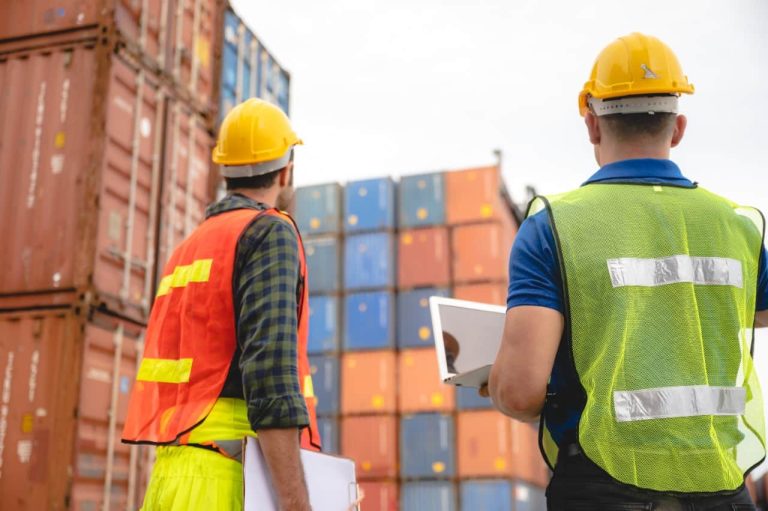
Customs Clearance Process Includes The Following Steps
Documentation
The first customer clearance process step includes your customs documentation to be reviewed by a customs officer. Particularly the commercial invoice and shipping label must be correct and comprehensive. The commercial invoice is the most crucial document in the shipping process since it details vital information, including the shipper, the recipient, the export date, and the airway bill number. This document checklist includes all items required for customs processing.
Taxes
Third, Customs asks for money to cover any taxes or duties that have been assessed. The customs officer will verify the payment of duty and taxes if the value of your shipment is over the threshold at which they apply. As a bonus, levies may be imposed on banned items regardless of their market worth.
The distinction between DDU and DDP becomes essential for international shipments.
DDU
Import duties and taxes are not included in the price of a shipment. Hence the term “Delivery Duty Unpaid” is used. The package is sent to a third-party customs broker for collection in this scenario. Brokers that help with customs clearance and take a cut of the action do so as intermediaries.
Brokerage, storage, and late payment charges are a few variable costs that may add up quickly. Unpaid customs duties will prompt the broker to contact the beneficiary for payment. There’s no denying that this might aggravate specific clients.
Paperwork
The customs paperwork is used to calculate import taxes and charges. Customs duties change based on the commodity being imported, its market value, and the recipient country’s import policies. Over and beyond the de minimus value, or the lowest taxable threshold for imported items, import taxes are levied. Import tariffs are not applied to items with a de minimis worth of $100, for instance.
DDP
Import duties and taxes are paid in full if a shipment is labeled “Delivery Duty Paid” (DDP). The customs brokers employed by most express courier providers, including FedEx, will handle this payment on your behalf.
All import costs are included in the shipping cost with DDP, as shown on the shipping label. If you want your customs clearance to go off without a hitch, DDP is the way to go.
Cost Analysis of DDU and DDP
Since there are so many unknowns in DDU shipping, it is hard to give an accurate quote to consumers. Since this might cause delays in the shipping process, we advise sellers to pre-pay tariffs. Here you may read up about DDU and DDP.
Your package will be released as soon as you pay any applicable customs and import fees. If you’ve opted to use a courier service, they’ll take care of getting your package from customs to its final destination after clearance has been granted. Customs often don’t hold shipments. Most of the time, this is due to some paperwork error. This is what you should do if your package is delayed at customs.
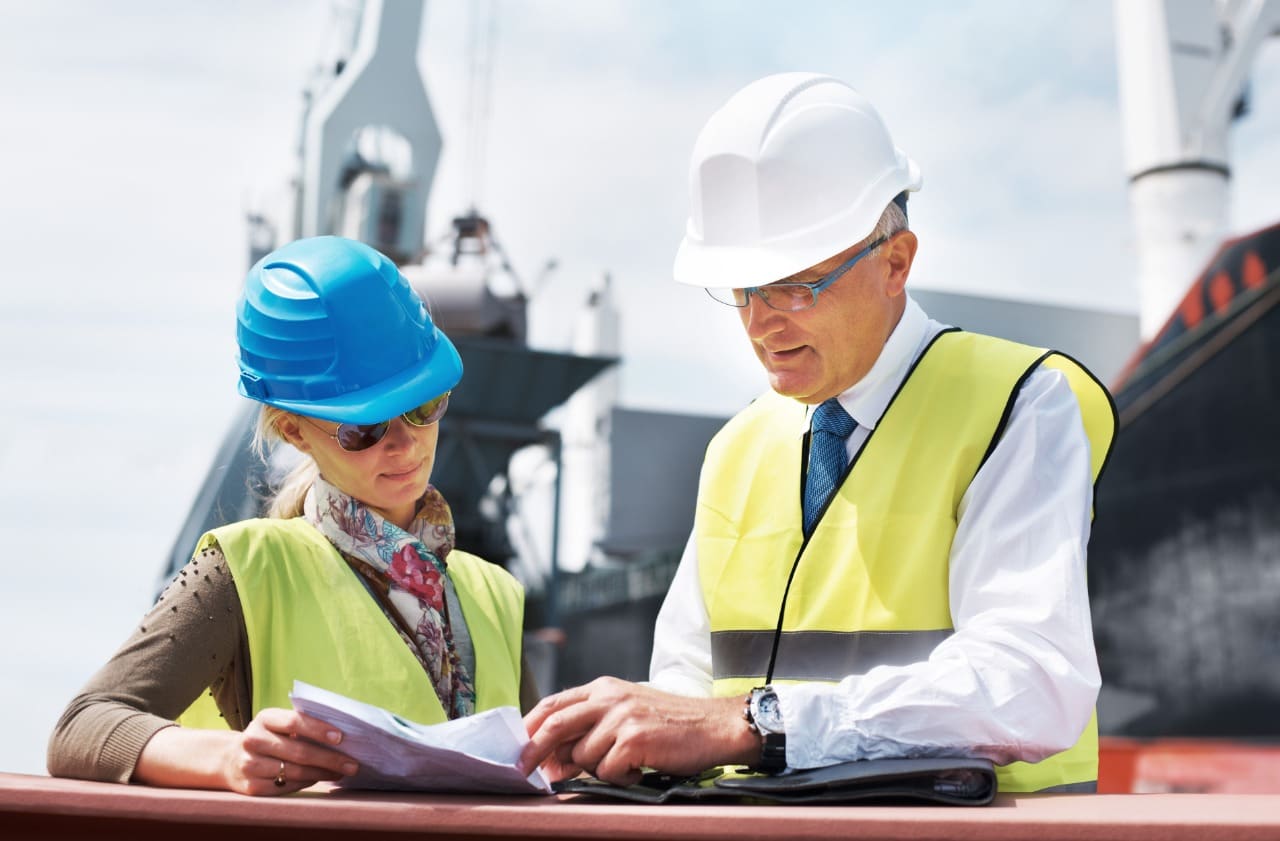
What We Offer
We are one of most trusted and well-connected custom clearance services providers. Our 35 years of expertise in several Indian ports allow us to guarantee customers a smooth customs clearance.
The Customs clearance process includes preparing and submitting paperwork to assist export or import, representing clients during customs examination, assessment, and duty payment, and accepting delivery of goods from customs following clearance together with documents.

D.G Cargo
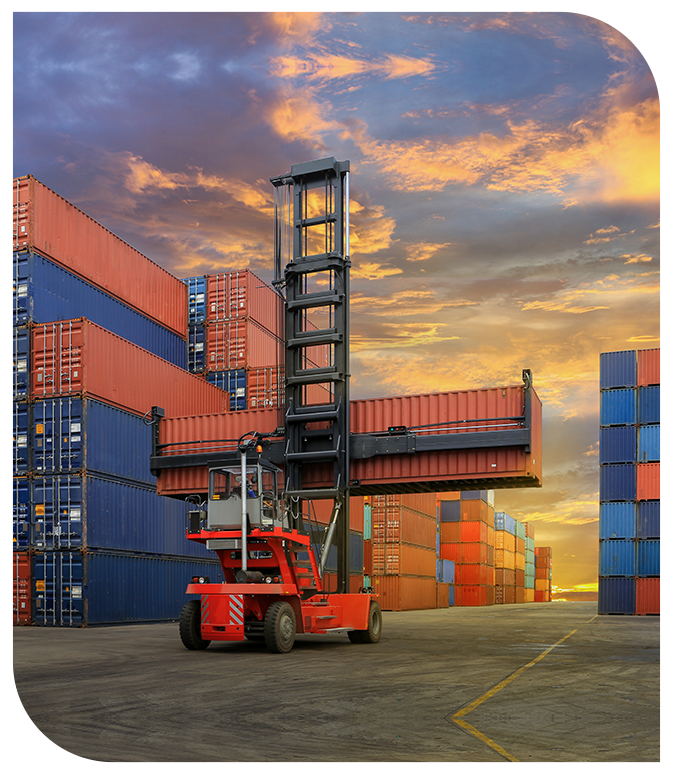
Project Cargo
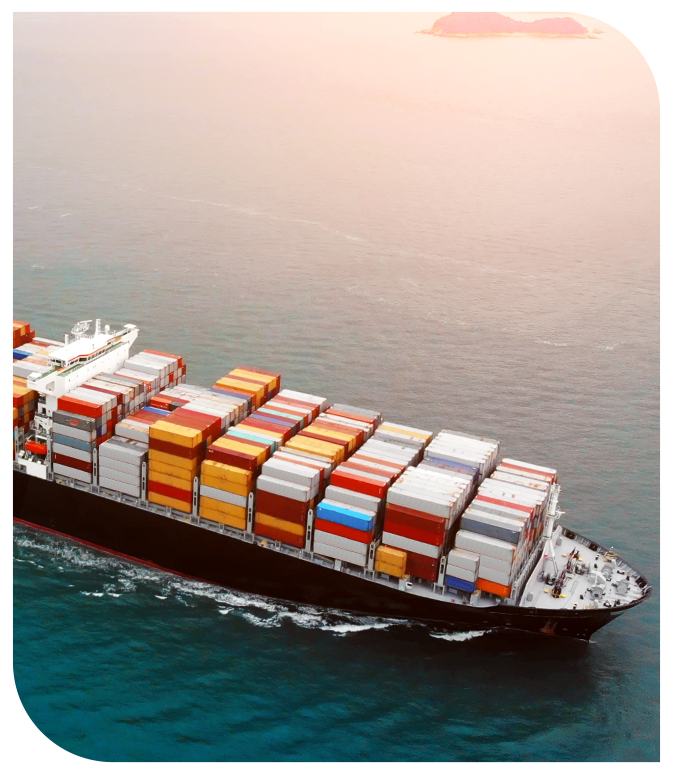
NVOCC
